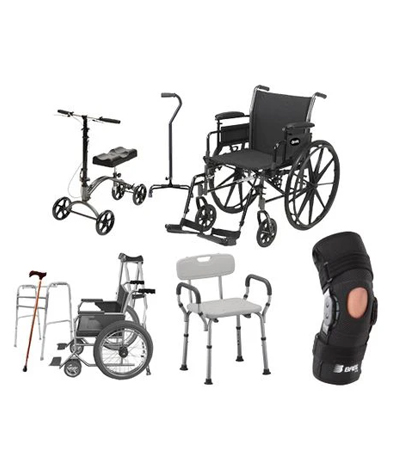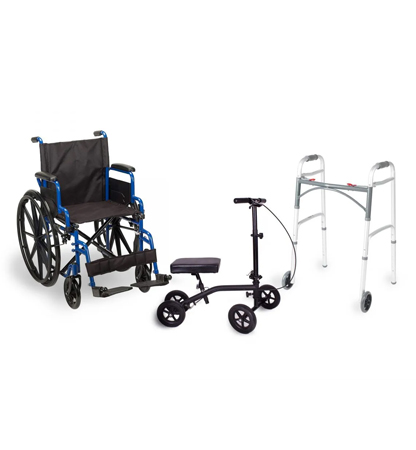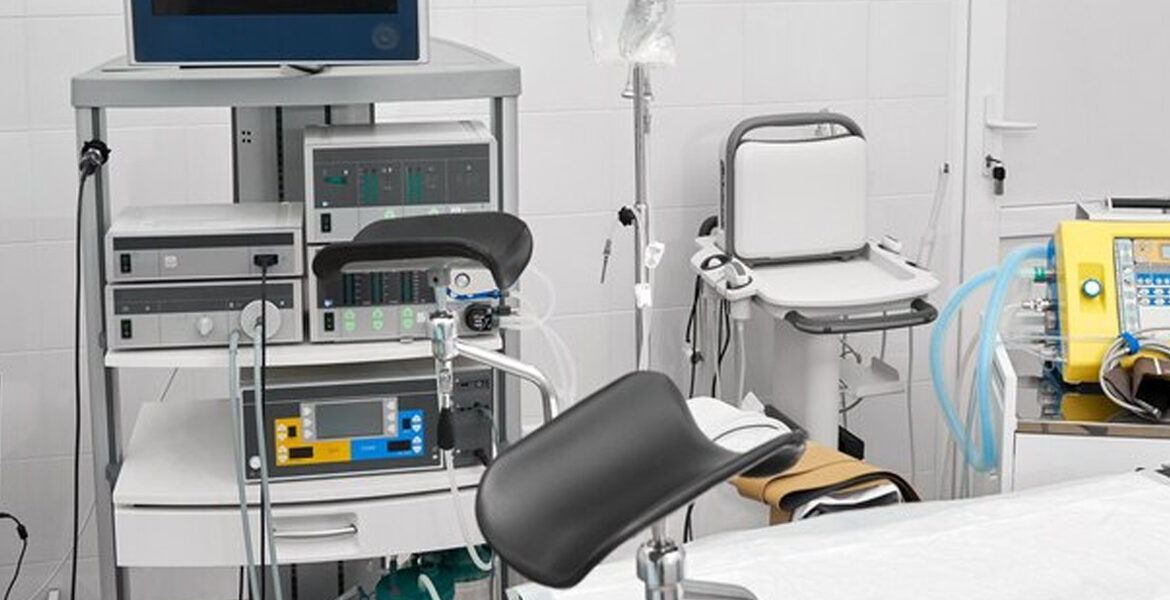Durable Medical Equipment
Durable Medical Equipment (DME) billing comes with unique challenges due to complex documentation requirements, prior authorization processes, and frequent insurance denials. Proper revenue cycle management (RCM) ensures timely reimbursements and minimizes claim rejections. Here’s how DME suppliers and healthcare providers can optimize their billing processes.
Common Challenges in DME Billing
1.Strict Documentation & Medical Necessity Requirements
- Insurance payers require detailed proof that DME is medically necessary.
- Physician orders, medical records, and Certificates of Medical Necessity (CMNs) must be properly documented.
2.Prior Authorization & Eligibility Verification
- Many DME items, such as wheelchairs and CPAP machines, require prior authorization.
- Failure to verify eligibility can lead to denied claims and payment delays.
3.HCPCS Coding & Modifier Complexity
- DME billing relies on HCPCS Level II codes instead of traditional CPT codes.
- Correct use of KX, NU, RR, and LT/RT modifiers is crucial for claim approval.
4.Rental vs. Purchase Billing
- Some equipment is rented (RR modifier) before transitioning to purchase.
- Understanding payer-specific policies on rental periods prevents reimbursement issues.
5.Frequent Claim Denials & Audits
- Common denial reasons include missing physician documentation, incorrect HCPCS coding, and exceeding allowed billing limits.
- Medicare and other payers frequently audit DME claims to prevent fraud and overbilling.
Best Practices for Successful DME Billing
1. Verify Insurance Coverage & Prior Authorization
- Confirm patient eligibility before dispensing equipment.
- Check for prior authorization requirements and coverage limitations.
2. Maintain Accurate Documentation
- Ensure medical records support the medical necessity of the prescribed DME.
- Include physician orders, CMNs, and proof of patient usage when required.
3. Use Correct HCPCS Codes & Modifiers
- Assign the appropriate HCPCS code based on the type of equipment provided.
- Apply required modifiers (NU for new, RR for rental, KX for medical necessity).
4. Submit Clean Claims & Manage Denials Effectively
- Double-check all claims for errors before submission.
- Appeal denials promptly with proper supporting documentation.
5. Stay Updated with Medicare & Commercial Payer Policies
- Medicare and private insurers frequently update DME billing guidelines.
- Compliance with HIPAA regulations and audit preparedness is crucial.



How Malakos Healthcare Solutions Can Help
At Malakos Healthcare Solutions, we specialize in DME medical billing, ensuring accurate claim submissions, faster reimbursements, and reduced denials. Our billing experts handle coding, insurance verification, and revenue cycle management, so you can focus on patient care.


